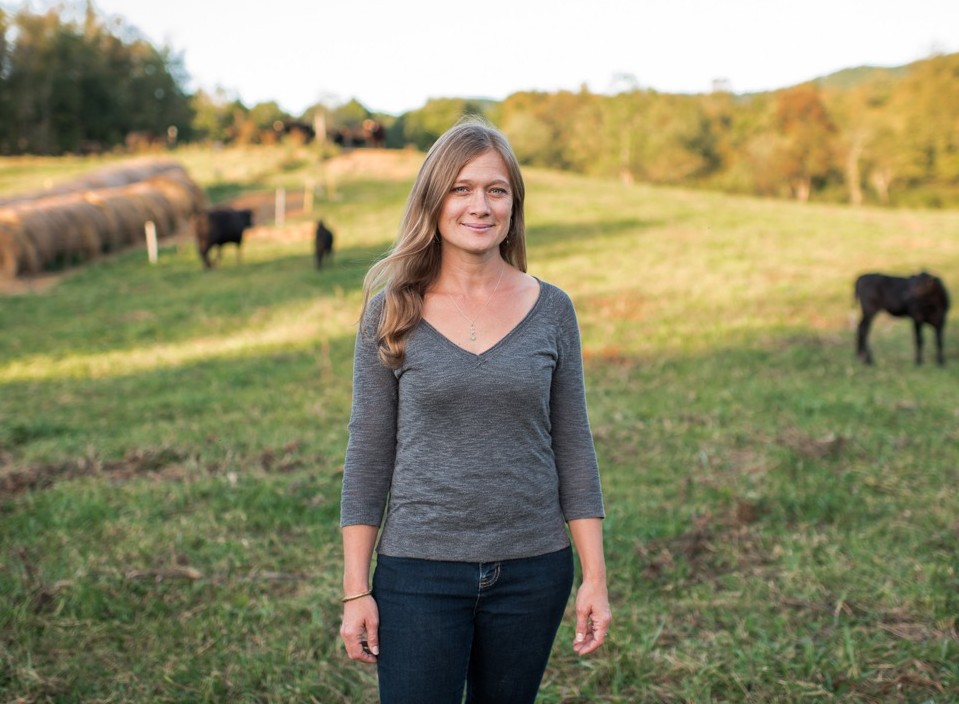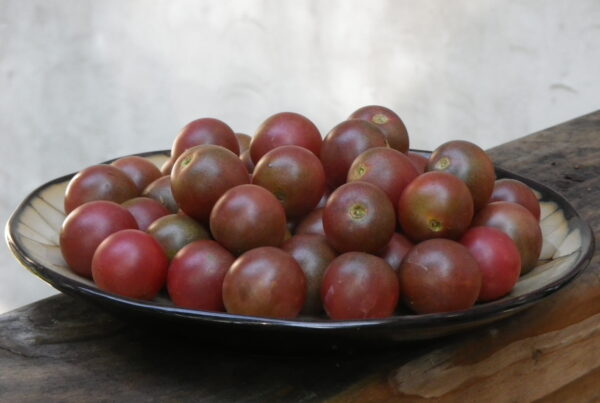Farm Bill Updates
Last month’s e-newsletter included an invitation to VABF member farms to sign a Letter to Congress urging them to pass a robust, climate friendly Farm Bill before the end of 2024. This letter was delivered on September 11 to Congressional leaders with 1,096 signatories, including VABF and 25 other organizations and farms across Virginia. NSAC encourages you to share this letter widely – with your local news media, your online and social media networks, and your Congressional Representative (I have sent it to agricultural aides to Virginia’s two Senators and to Reps Abigail Spanberger (D-7th) and Morgan Griffith (R-9th) my Rep’s ag aide and to Rep Spanberger’s aide).
While it is a long shot to get the Farm Bill completed in an election year, this letter could increase the possibility that Congress will attend to this vital task during its “lame duck” session, extending from Election Day through December. Plan B consists of some form of extension of the current (2018) Farm Bill which expires September 30 and requires Congressional action to ensure that key programs continue uninterrupted until a 2025 Farm Bill is completed.
The National Sustainable Agriculture Coalition (NSAC) has posted several blog articles analyzing different aspects of the Farm Bill and our advocacy goals. In an analysis of research and conservation in the House Farm bill draft, NSAC finds that the bill generally falls far short of what farmers need to cope with the climate crisis and misses opportunities to expand organic and sustainable research, although there are some bright spots. In additional blog posts, NSAC compares the House bill and the Senate’s outline and charts a course toward a Farm Bill that would enhance access and affordability in local food systems and provide robust funding for sustainable and organic agricultural research.
I am Still Seeking Your Input
What are your Priorities for the Farm Bill and USDA Programs?
Hello all! I would like to learn more about VABF member needs and priorities when it comes to federal farm policy and USDA programs – conservation, research, rural development, safety net, and other. Please contact me if you would like to set up a phone date (or in person visit if you are within 50 miles of Floyd ) to talk one-on-one about your priorities – Mark Schonbeck, 540-835-7664, schonbeckmark@gmail.com.
Organic Farmers Speak Out on Immigration
Update From Elizabeth Henderson
As of the fall equinox, approximately 100 farmers and others in the organic sector have signed this letter. To view and sign, visit https://forms.gle/1fHrnkPwUGfMy8nt8.
Now is the time to make this “go viral.” In a September 10, email, Elizabeth said:
“I have drafted an op ed that I plan to send to my local paper, The Finger Lakes Times, to publicize our statement. I urge you to do the same! You are welcome to use my op ed as a template. Adapt it by changing a few words. Please steal with both hands! My hope is that we can show rural people everywhere in the country that we do not have to accept the fearmongering that is making immigration such a big issue for the election.
“Here is my draft – 580 words (most papers do not want long op eds).”
Current Funding Opportunities for Organic and Sustainable Agriculture
Some of the programs announced in July are still open – scroll down.
Organic Certification Cost Share Program (OCCSP)
USDA accepting applications through Oct 31, 2024.
If you are a USDA certified organic farmer or handler and you have incurred expenses related to organic certification during Fiscal Year 2024 (October 1, 2023 through September 30, 2024), you are eligible for a reimbursement of 75% of your certification costs up to $750 for each certification “scope,” including crops, livestock, wild crops, and processing/handling. You can receive reimbursement for application fees, inspection costs including inspector travel expenses, costs related to equivalency agreements and sales assessments, and postage. Contact the Farm Services Agency (FSA) through your local USDA Service Center or the Virginia Department of Agriculture and Consumer Services (VDACS) to access this benefit.
Partnership for Climate Smart Commodities is Seeking Participants
30 projects reaching out to Virginia farmers
In 2023, USDA awarded a total of $3.1 billion to support 141 projects in the Partnership for Climate Smart Commodities (PCSC), of which 30 projects (total funding $937 million) include partners and producers in Virginia. Projects are recruiting farmers at this time, offering technical and financial assistance to implement climate-friendly, soil health-enhancing practices. PCSC projects also aim to develop practical, reliable, and affordable methods to monitor and quantify net greenhouse gas (GHG) mitigation and carbon sequestration, and to open new market opportunities for farmers to market their products as climate smart. Check out this summary of PCSC in Virginia and this complete listing and description of the 30 PCSC projects recruiting Virginia farmers.
Apply Now for Fiscal Year 2025 NRCS Conservation Contracts
Deadline October 11, 2024
The Virginia Natural Resources Conservation Service (NRCS) State office in Richmond, VA has announced Oct. 11, 2024, close of business, as the batching date by which all Fiscal Year (FY) 2025 applications for all NRCS financial assistance programs must be received by the local NRCS Service Center. The programs are:
- Environmental Quality Incentives Program (EQIP)
- Conservation Stewardship Program (CSP)
- Regional Conservation Partnership Program (RCPP).
- Agricultural Conservation Easement Program (ACEP)
Visit your district NRCS office or visit the VA NRCS website to learn more.
A special note: the initial application, due Oct 11, 2024 for the 2025 Fiscal Year ranking cycle, is fairly easy to complete and does not require you to have all details of your conservation activities worked out. If your application for a contract is approved, NRCS field staff will work with you on conservation planning and implementation. The more demand for these programs the stronger our hand will be in urging Congress to increase conservation funding in the 2025 Farm Bill.
James River Buffer Program
Designs and installs riparian forest buffer at no cost to you
If your farm is located within the James River watershed and you would like to plant a forested buffer to protect water quality, provide wildlife habitat, and improve farm biodiversity, check out the James River Buffer Program. The James River Association, the Virginia Department of Forestry, and the Chesapeake Bay Foundation are working with farmers and landowners across the middle and upper James River watershed to restore or create forest buffers that improve the quality of local waterways. The program works with you to select tree species, plants the buffer, and provides maintenance for the first three years at no cost to you. Plantings can include income generating species such as sugar maple for syrup production. Perennial plantings will play a vital role in addressing the climate crisis by enhancing resilience, sequestering carbon, and intercepting nutrients.






